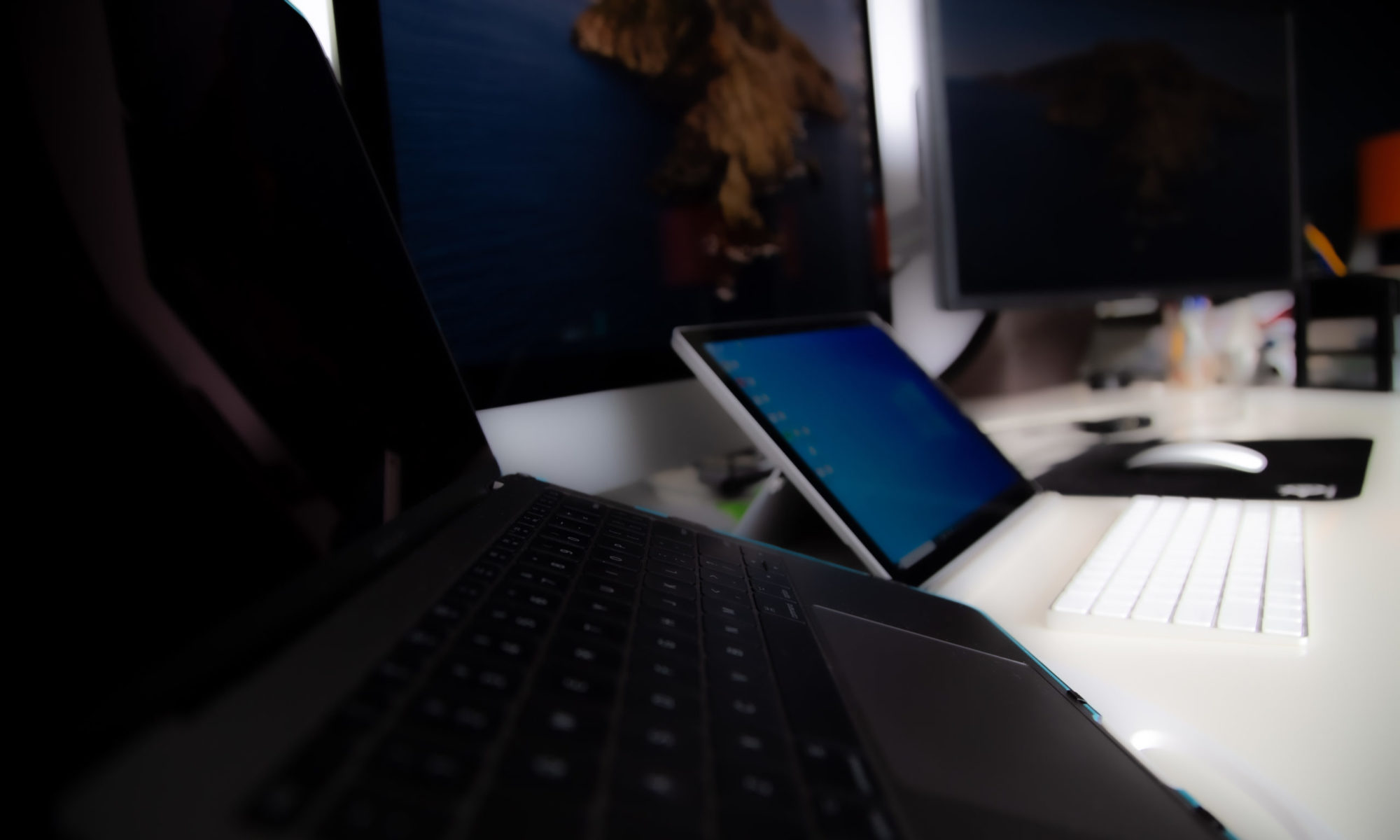If you are a Mac or PC user, you have surely had experience waiting for your system to boot up and open applications. You may have added RAM or even changed out the processor in an attempt to speed things up. In fact, you are often not waiting on any of your chips to perform tasks. The hard drive in most computers is a spinning disc with a needle accessing the stored information, and it is sort of like having a powerful modern surround sound system and plugging in an old VCR.
This is no one’s fault; the mechanical hard drive has long been the only way to store large amounts of data on a computer, until recently. SSD (Solid State Drives) are a somewhat new advance in computing, even newer given that the prices have gone from astronomical to justifiable over the past few years. They operate on flash memory, similar to the storage in most smartphones. All data is stored on chips, and there are no moving parts. This means no noise, less heat, and very little chance of failure due to mechanical mishaps (like dropping your laptop off your desk). It also means speeds beyond the wildest dreams of a spinning disc. The difference is stunning. On a machine with an SSD performing the heavy lifting of booting an operating system, boot-up times drop from around a minute or more to under half of that, and programs that once took forever to load (Photoshop, QuickBooks) are simply instantaneous. Old, under-powered laptops and desktops are instantly revived.
If you know what you are doing, installation is simple, and will not even require re-formatting your system, though that offers the best performance improvements. If you are buying a new computer, you may be able to include an SSD in the options at purchase. Mechanical hard drives and SSDs both have life spans, but the benefits far outweigh the risks, especially if you have basic backups in place. Philtron Computing is now including SSDs in every new custom PC unless budget is the first priority. The peace of mind that your data is safe from shock damage and the time you save will pay for itself.

